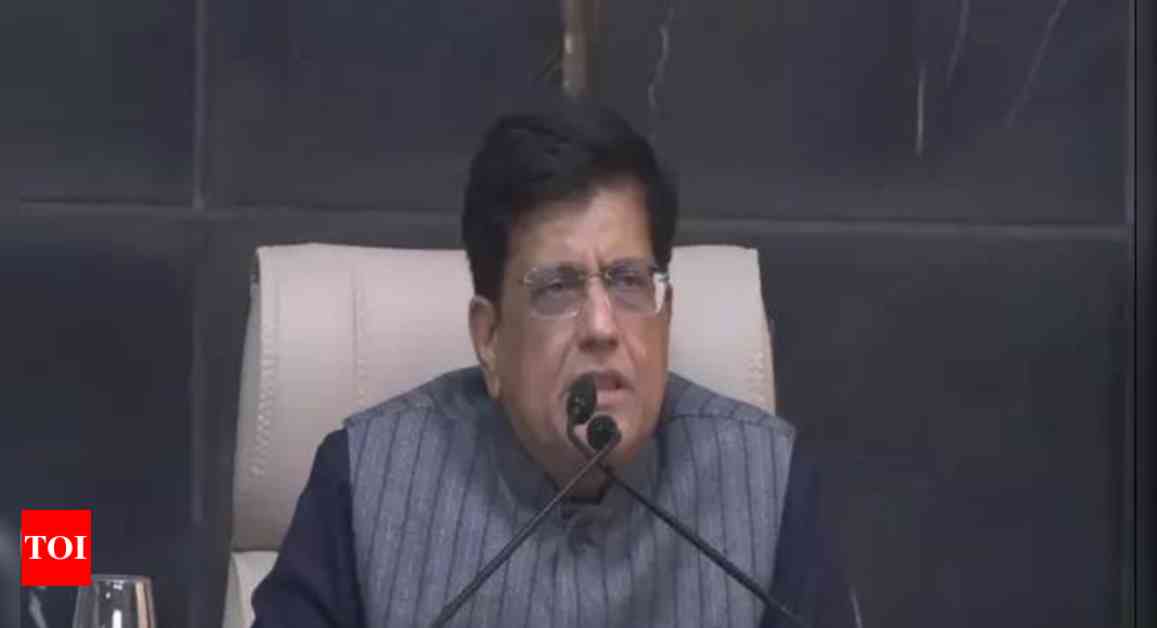Electric Vehicles Industry in India Unanimous on Subsidy Phaseout
In a recent meeting with commerce minister Piyush Goyal, all sections of the electric vehicle (EV) industry in India have come to a unanimous agreement that they will no longer require subsidies once the existing subsidy regime comes to an end. This crucial decision marks a significant milestone in the future of electric mobility in the country.
During the meeting held on Friday in New Delhi, Minister Goyal emphasized the readiness of India’s electric mobility sector to flourish without the need for additional financial incentives. He highlighted the industry’s collective stance on self-sustainability and growth, stating that once the current subsidy system expires, none of the stakeholders in the EV sector will require further subsidies to expand their operations.
Moreover, Minister Goyal expressed the government’s commitment to facilitating the development of charging infrastructure for electric vehicles, including the possibility of setting up charging stations at petrol pumps. He proposed the implementation of guidelines for self-monitoring and self-certification by companies involved in establishing charging facilities. This proactive approach aims to streamline the process of setting up charging infrastructure while ensuring compliance with regulatory standards.
India-US Economic Relations Amidst Trade Tensions
In addition to discussing the future of electric mobility in India, Minister Goyal also addressed the economic relationship between India and the United States under the incoming presidency of Donald Trump. Despite recent tensions over trade tariffs, Minister Goyal expressed India’s interest in strengthening economic ties with the US, emphasizing the importance of collaboration between the two nations.
Amidst concerns raised by President Trump regarding India’s trade practices, Minister Goyal highlighted the mutual benefits of a robust economic partnership. He acknowledged the challenges posed by differing trade policies but remained optimistic about the potential for enhanced cooperation between India and the US in various sectors, including electric vehicles.
Future Outlook for Electric Mobility in India
Looking ahead, the EV industry in India is poised for significant growth and development, driven by the industry’s self-reliance and readiness to embrace sustainable practices. With the impending phaseout of subsidies, stakeholders in the electric vehicle sector are gearing up to leverage the existing policy framework to propel the adoption of electric vehicles across the country.
Minister Goyal’s reassurance that the EV industry does not require additional incentives or subsidies reflects a confident outlook on the sector’s ability to thrive independently. As India continues to prioritize sustainable transportation solutions, the future of electric mobility in the country appears promising, with a focus on innovation, infrastructure development, and self-sufficiency.
In conclusion, the unanimous decision of the electric vehicle industry in India to forgo subsidies post the current subsidy regime demonstrates a collective commitment to sustainable growth and innovation in the evolving landscape of electric mobility. Minister Goyal’s proactive approach towards facilitating the establishment of charging infrastructure and strengthening economic relations with the US underscores the government’s dedication to fostering a conducive environment for the development of electric vehicles in India.























